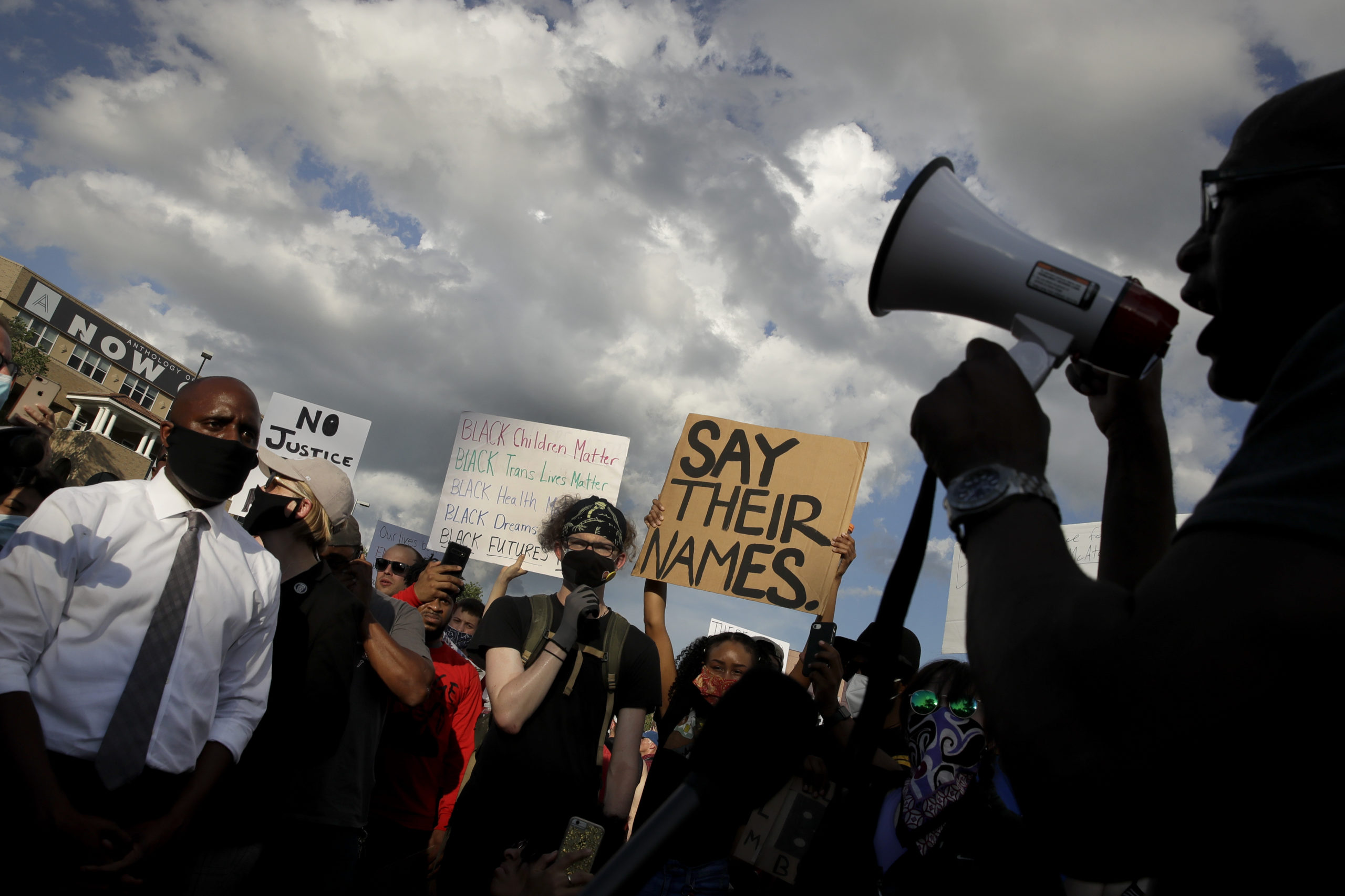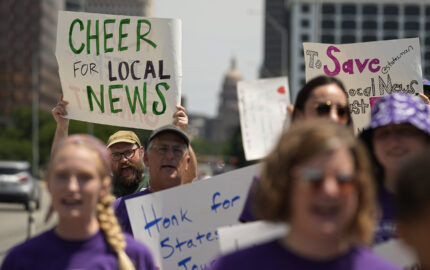From the editor
In Kansas City last month, the Kansas City Defender published a video of a Black local community leader warning that Black women seemed to be disappearing from a specific intersection in the city. When the video went viral, other Kansas City news outlets sought confirmation from the police, publishing headlines quoting police sources describing the concerns as “rumors” or “completely unfounded.”
In Myrtle Beach, South Carolina, in 2016, local media published the name of Timothy Taylor, a Black teenager police had identified as a suspect in the case of a white woman who had gone missing. News outlets published Taylor’s name even though the police never charged him with the crime.
These two stories are connected by journalism’s inconsistent definitions — and selective applications — of objectivity.
In her analysis of what happened in Kansas City, Gina Kaufmann, who was recently a public radio journalist in the city, explores why the Kansas City Defender, a Black-run news site, chose to rely on a single source (a local leader with credibility in the community) and why other outlets chose to rely on a different single source (the police). Was one approach more objective than the other?
In his analysis of what happened in Myrtle Beach, columnist Issac Bailey, a journalist who lives and works in the city, explores whether his current reporting on the Taylor family is tainted by his shared background with them. Like the Taylors, Bailey’s family has been caught up in the criminal justice system and has had to contend with being Black in the Deep South. Does Bailey’s affinity for the Taylors make him less objective than, say, Nina Totenberg, who maintained a close friendship with Supreme Court Justice Ruth Bader Ginsburg even as she covered Ginsburg and the Court for NPR?
Objectivity isn’t serving journalism or communities if it’s just another name for my own or someone else’s preferred biases.
A few weeks after the Kansas City Defender published that video, a Black woman escaped from the basement in the home of a white man, who is charged with rape, kidnapping, and assault after abducting her from that same intersection. A white man is now awaiting trial for the kidnapping, rape, and murder of the woman in Myrtle Beach.
At one point in his piece, Bailey worries that he will “be blinded by my empathy” for the Taylors. But empathy doesn’t blind us. It allows us to see more clearly just what’s at stake for the individuals and communities on whom we report, insight that can and should bring more depth and nuance to stories.
Instead of objectivity, Bailey suggests transparency, accuracy, fairness, and ethics as journalistic goals worth striving for: “The combination of my personal experiences and fidelity to professional journalistic standards makes me an ideal person to tell [the Taylor’s] story.”
Sincerely,
James Geary
Editor, Nieman Reports

As protests following the death of Mahsa Amini continue, the government’s desperation to crack down on dissent is intensifying

Fewer tragic narratives about survivors, more stories about the causes of coastal disasters and who benefits from government rebuilding grants

The International Women’s Media Foundation released a new guide designed help newsrooms navigate the abuse



